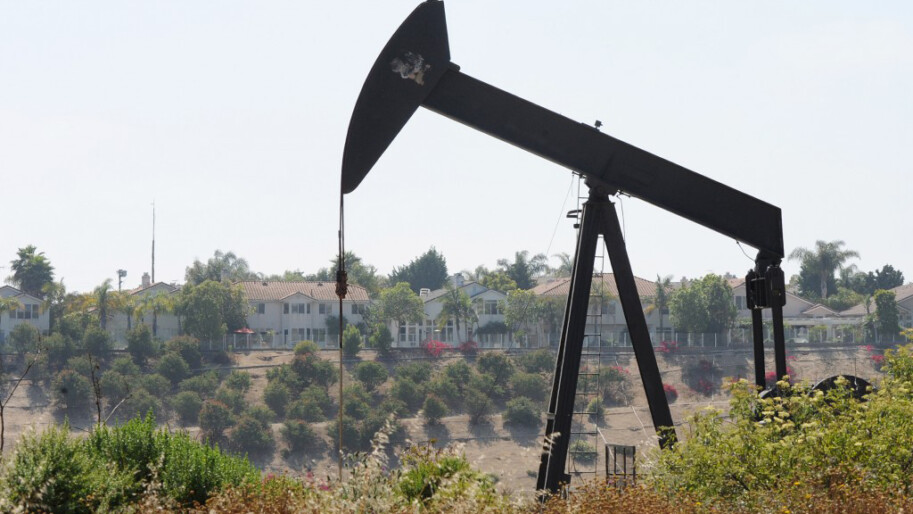Existing law establishes the Geologic Energy Management Division (CalGEM) in the Department of Conservation, under the direction of the State Oil and Gas Supervisor, who is required to supervise the drilling, operation, maintenance, and abandonment of oil and gas wells in the state and the operation, maintenance, and removal or abandonment of tanks and facilities related to oil and gas production within an oil and gas field, so as to prevent damage to life, health, property, and natural resources.
Existing law requires the operator of any well, before commencing the work of drilling the well, to file with the supervisor or the district deputy a written notice of intention to commence drilling and prohibits drilling from commencing until approval is given, as provided. Existing law prohibits the division from approving any notice of intention within a health protection zone, except for approvals of notices of intention necessary for specified purposes.
Existing law defines a “health protection zone” to mean the area within 3,200 feet of a sensitive receptor, which is defined to include a residence, education resource, as described, health care facility, or live-in housing, among other places, as provided.
This bill would, after January 1, 2024, make an operator, owner, or person who serves on the board of an owner of an oil or gas production facility or well with a wellhead presumptively, jointly and severally liable for a respiratory ailment in a senior or child, a pre-term birth or high-risk pregnancy suffered by a pregnant person, and a person’s cancer diagnoses if specified requirements are met, including the senior, child, pregnant person, or person diagnosed with cancer resided more than 24 cumulative months in a health protection zone, as defined, and was diagnosed after January 1, 2024.
The bill would authorize certain affirmative defenses to be available to the operator, owner, or person who served on the board of an owner of an oil or gas production facility or well with a wellhead.
This bill would authorize the Attorney General, a district attorney, a county counsel, or a city attorney to bring a civil action seeking reimbursement and reasonable interest for health care-related expenditures incurred by state or local taxpayer funded health care programs for treatment of respiratory illness suffered by seniors and children, pre-term birth and high-risk pregnancies suffered by pregnant persons, and residents diagnosed with cancer. If a settlement or motion to dismiss an action brought pursuant to these provisions is brought by a person or entity that is not a public prosecutor, as described, the bill would prohibit the settlement or motion to dismiss from being effective or heard, until 30 days after a copy of the settlement or notice of motion has been served on the Attorney General and the city attorney, county counsel, and district attorney with jurisdiction over the health protection zone involved in the action.
The bill would also require a civil penalty of not less than $250,000 and not more than $1,000,000 per senior, child, pregnant person, or person diagnosed with cancer to be imposed on an operator, owner, or person who served on the board of an owner of an oil or gas production facility or well with a wellhead in an action brought pursuant to these provisions.This bill would state that any waiver of these provisions is contrary to public policy and is void and unenforceable. The bill would also state that its provisions are severable.
Status: (Updated 2/5/24): Failed in Appropriations Committee.
Full Bill Text and related info.

